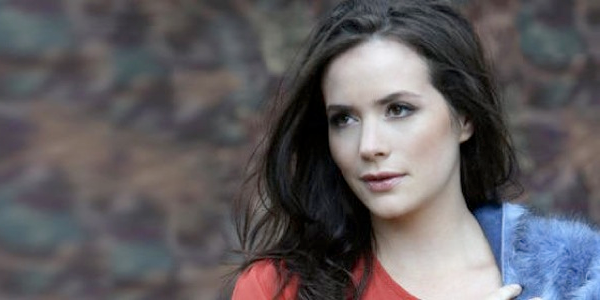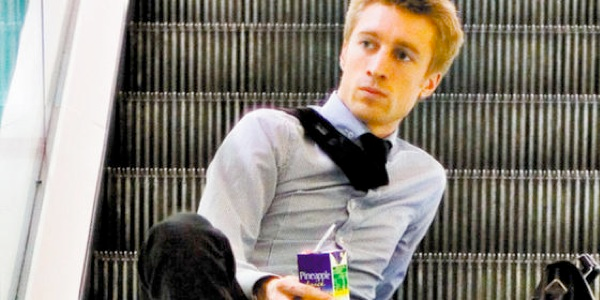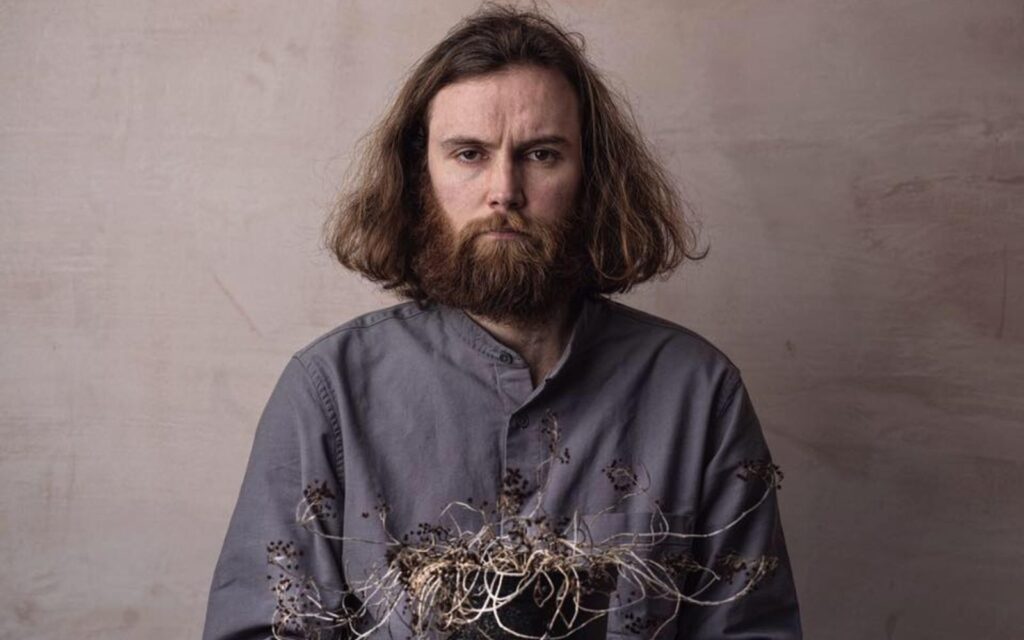Brenda Glazebrook takes us on a journey through her mind…
Inside the Glasshouse is a pub. Inside the pub is a room. Inside the room are about twenty seats, a stage bathed in red and white light, a single string of clothesline, and Brenna Glazebrook and her basket of dirty washing.
Brenna had a sell-out show at the 2008 Melbourne Fringe Festival, was nominated for the Johnsy Award at the 2010 Melbourne International Comedy Festival, is a contributing writer for Channel 10’s Talkin’ Bout Your Generation, and has had obsessive compulsive disorder (OCD) from a young age.
On the opening night of her solo show she told the audience that ‘this is not therapy’. And it wasn’t. Over the course of fifty minutes she told stories about her condition that were part horror, part comedy, ranging from serious mental health issues to a disturbing obsessive thought involving a Caramello Koala ad from the nineties, resulting in what she refers to as ‘Kanger-rape’.
Throughout the performance she made excellent use of her props; with every tale she returned to her washing basket and pegged another something to her clothesline. During a story in which she revealed her ‘safety dance’, the brimmed hat she popped on her head really made her believable as a twelve-year-old who was genuinely convinced that the repeated shaking and locking of doors would protect her family from a fiery and painful death.
The show might not have been therapy for Glazebrook herself, but it was quite a therapeutic experience to be in the presence of such honesty and self-acceptance. Some stories were darker than others, and were naturally harder to tell. From a viewer’s perspective, watching Glazebrook’s emotions play out on stage was at times uncomfortable. This speaks clearly of the shame that often surrounds matters of mental health.
From the outset Glazebrook promised that the performance was not going to be a laugh-a-minute stand-up. While this type of comedy has its place, comedy that makes audience members use their brains and spreads a meaningful message arguably makes better use of the medium. Through humour, Glazebrook made a dint in something.
At the end of her show she slipped one of her props into her pocket and urged audience members to go home and talk about their problems. ‘We’re all crazy and we need to talk about it more. Because if you’re not crazy, then you’re fucking boring’.







